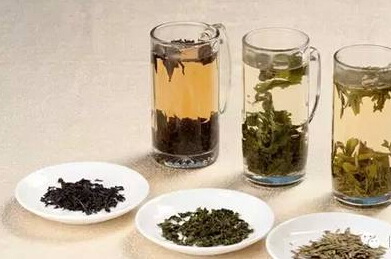When it comes to cooking rice, everyone knows to use tap water, but our ancestors were different. They knew that using a magical type of water to cook rice could prevent diseases and promote longevity. This magical water is tea water!
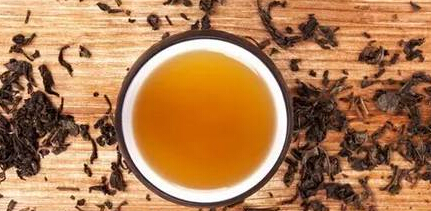
How magical is tea-cooked rice? Cooking rice with tea water not only helps remove greasiness, freshen breath, and aid digestion but also offers numerous preventive and healthcare benefits. According to nutritionists, regularly eating tea-cooked rice can help prevent five types of diseases.
1. Preventing cardiovascular diseases
Tea polyphenols are the main compounds in tea leaves, accounting for about 70-80% of the water-soluble extracts.
Scientific experiments have shown that tea polyphenols can enhance the flexibility of microvessels, preventing them from rupturing and bleeding. Additionally, tea polyphenols can lower blood cholesterol and inhibit atherosclerosis.
Therefore, middle-aged and elderly people who regularly consume tea-cooked rice can soften blood vessels, reduce blood lipids, and prevent cardiovascular diseases.
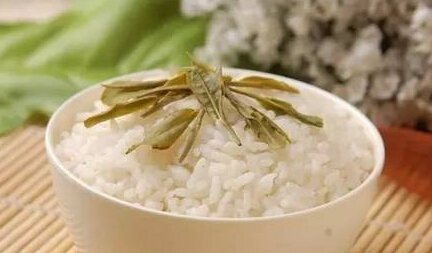
2. Preventing digestive tract tumors
Tea polyphenols can block the synthesis of carcinogenic nitrosamines in the human body, thereby preventing digestive tract tumors.
3. Preventing stroke
One of the causes of stroke is the overproduction of lipid peroxides, which reduces the elasticity of blood vessel walls. The tannic acid in tea can effectively inhibit the production of lipid peroxides, thus preventing stroke.
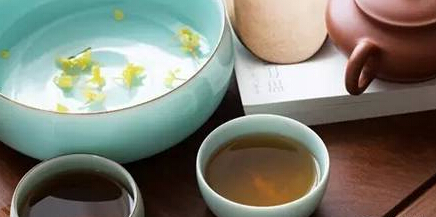
4. Aiding digestion
As early as the Tang Dynasty, the medical book "Compendium of Materia Medica" documented the benefits of tea-cooked rice, stating that long-term consumption can help with weight loss. This means that regularly eating meals cooked with tea can aid digestion and effectively break down fat.
5. Preventing dental diseases
The fluoride compounds in tea are essential for tooth enamel. If small amounts of fluoride continuously penetrate tooth tissue, it can enhance the toughness and acid resistance of teeth, preventing cavities.
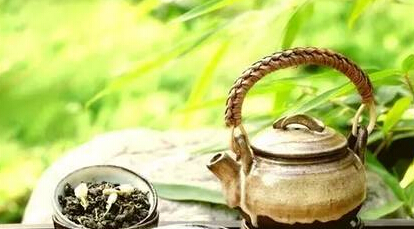
How to cook rice with tea water? Preparation method:
Steep a small amount of tea leaves in boiling water. Once the tea leaves have steeped, use a clean piece of gauze to filter out the tea leaves and use the tea water to cook rice.
Precautions:
1. Do not use too much tea;
2. Do not use overnight tea;
3. Pair it with protein-rich and iron-rich foods.
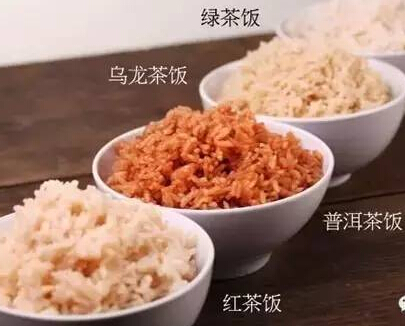
Different teas for different age-related diseases: Using different types of tea to cook rice can help control high blood lipids, high blood pressure, and high blood sugar in middle-aged and elderly people.
High cholesterol: 1. Cook rice with Pu'er tea water
Pu'er tea is rich in statins, which have anti-lipid peroxidation effects. It can reduce low-density lipoprotein, total cholesterol, and triglyceride levels in the blood while increasing high-density lipoprotein levels.
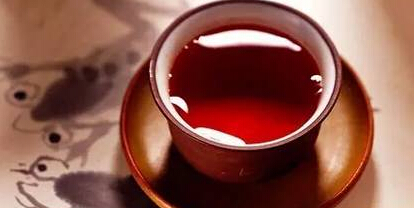
High blood sugar: 2. Cook rice with oolong tea water
The tea polysaccharides in oolong tea enhance the body's antioxidant function and increase the activity of liver glucokinase, reducing gluconeogenesis and liver glucose output, thereby lowering fasting blood sugar.
Studies have shown that oolong tea-cooked rice can significantly alleviate the "three excesses and one deficiency" symptoms in diabetic patients and help restore their weight.
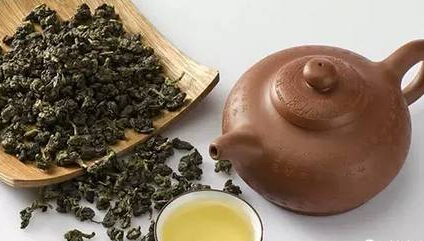
High blood pressure: 3. Cook rice with bitter tea water
Bitter tea contains saponins, ursolic acid, flavonoids, selenium compounds, amino acids, vitamins, and other nutrients.
Research indicates that bitter tea can significantly increase coronary blood flow, improve hypoxia tolerance, and protect against acute myocardial ischemia caused by the pituitary gland. It also increases cerebral blood flow, reduces cerebrovascular resistance, and significantly lowers blood pressure.
